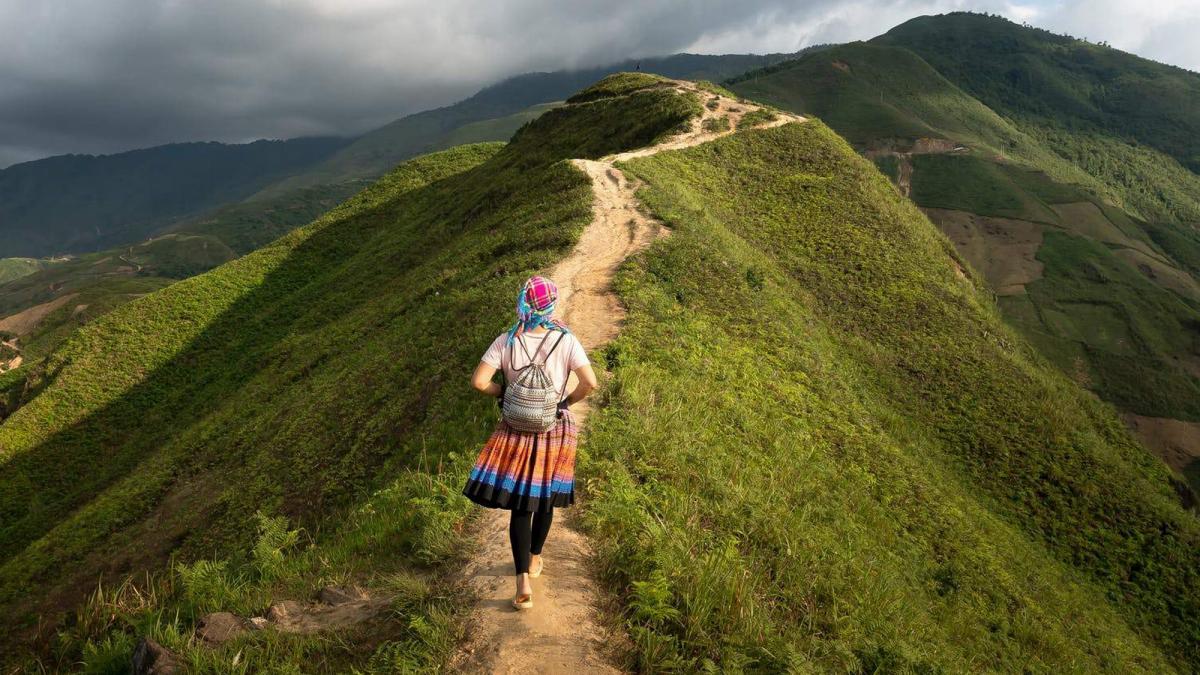Easy Ways Travelers Can Help with Sustainable Tourism In The Philippines
Sustainable tourism is a pretty young concept in the Philippines, but that doesn’t mean we can’t help it flourish. With problems caused by environmental pollution and overtourism, future generations will definitely face dire consequences if we don’t act now.
As travellers, it’s only right that we do our part. It’s one thing to enjoy our world, and another to do so without causing any further damage. And since this is a pretty heavy and serious topic, let’s not make it any more complicated. Let’s start at home. Here’s how you can help boost sustainable tourism in our very own lupang hinirang.
1. Learn more about sustainable tourism
Hold on. Before we begin, do you even know what makes tourism “sustainable”? Let’s rephrase that question into something that you might be able to remedy faster and easier. Are your travel habits in line with sustainable tourism efforts — or against them? The best way to gain a better grasp is to learn more about the topic. Read up on sustainable tourism, watch videos and listen to podcasts. Before acting on something, one must first be well-informed.
Here’s the first of your many readings on sustainable tourism. According to the United Nations World Tourism Organization (UNWTO), sustainable tourism is “tourism that takes full account of its current and future economic, social and environmental impacts, addressing the needs of visitors, the industry, the environment and host communities.” That said, we think this definitive description is a good place to start.
2. Respect the environment
The UNTWO says that one thing that makes tourism sustainable is how players in the industry support the conservation of natural heritage and biodiversity. They make money from it so they better take care of it, right?
But what we often forget is that as customers, participants, and guests, we too have a role to play in this. Ditch single-use plastic and practise CLAYGO (Clean As You Go). Go over your travel must-haves and invest in eco-friendly items that will last longer. Join beach cleanups and participate more in eco-friendly tours that use less fossil fuel. Never ever litter and let wildlife be in their natural habitats. If you must visit a zoo, make sure it doubles as an animal sanctuary or ethical breeding facility too. There are so many ways to respect the environment while you’re on-the-go. It doesn’t stop at recycling and placing your waste in the right receptacle. But for starters, you can #skipthestraw and walk more when you can.
3. #SupportLocal but beware of cultural appropriation
Another sure way of helping sustainable tourism thrive in the Philippines is to support local everything responsibly and ethically. Go on tours operated by locals and sign up for cultural immersions. Visit a tribe or immerse in an indigenous village, and learn all about their way of life. When it’s time to buy souvenirs, why not purchase a trinket or speciality handmade by local artisans? How about donning an abaca bag or scarf handwoven by traditional craftsmen? A local weave always adds oomph to any look after all.
But UNTWO reminds us that sustainable tourism is also marked by how tour providers and tour participants respect “the socio-cultural authenticity of host communities.” Why is this important? Because how we help “conserve their built and living cultural heritage and traditional values” upholds these communities’ cultural identity and pride of place. If we foster this, we’re already playing a role in the conservation of these unique cultures for generations to come.
Remember, by seeing local sights and visiting far-flung communities, you’re also able to help these people boost their economic capabilities!
4. Try voluntouring!
One sure way of helping communities aim for sustainable tourism is by actually volunteering while on holiday.
5. Wait for a tourist spot to be ready for tourists
There’s no use in supporting tourism when a place isn’t equipped to handle and accommodate throngs of tourists in the first place. What you’ll get is an ugly combination of polluted attractions and sights, unhappy travellers, and communities that will start to resent tourists who destroy natural resources and bring nothing but disgrace to the place they call home. So think about it next time you’re crafting that DIY itinerary to someplace “off the beaten path” or “exotic” in some remote province or town.
There you have it, five basic ways to start supporting sustainable tourism in the Philippines… if you aren’t already. Happy travels!
By Alyosha Robillos


